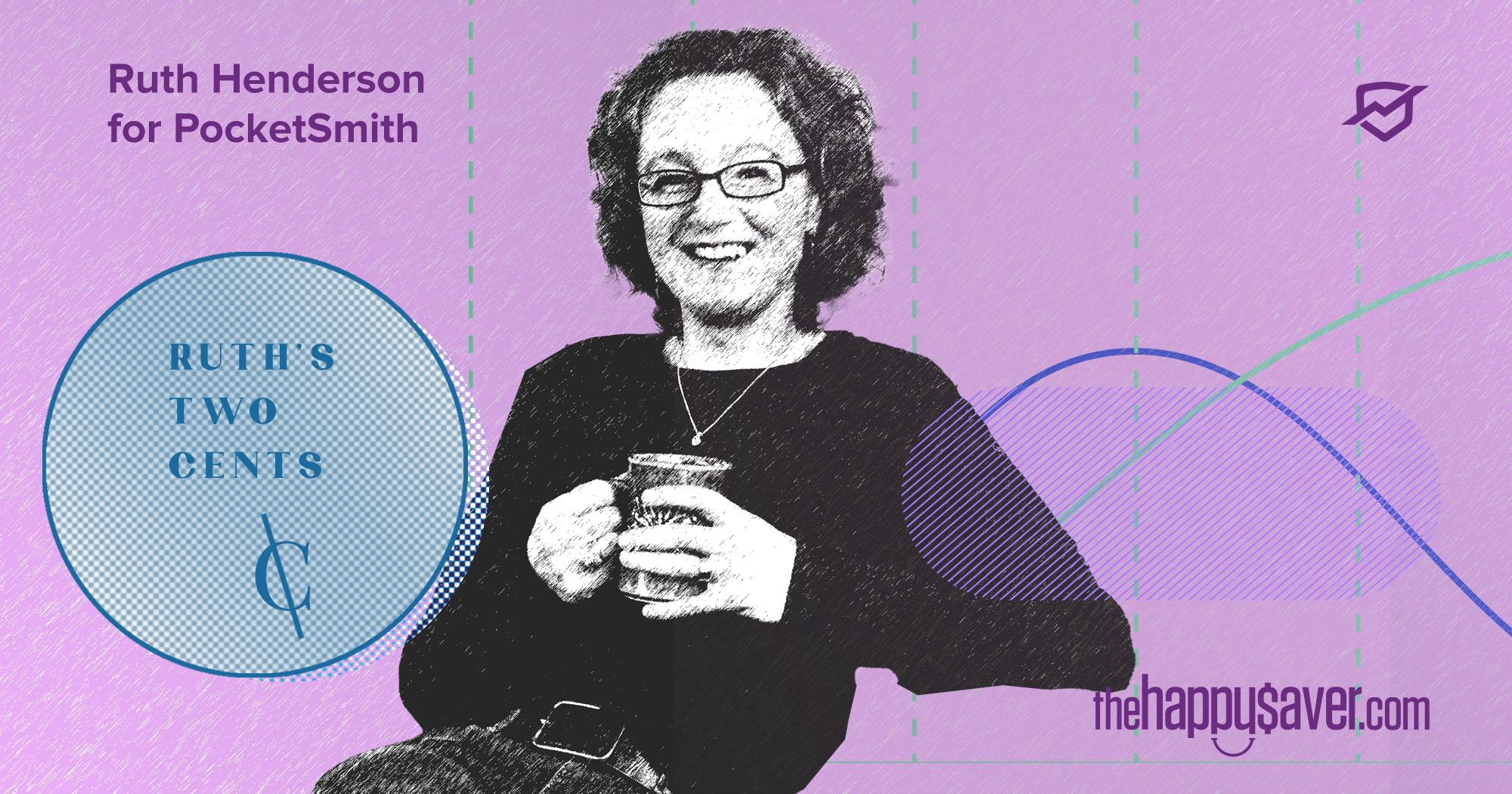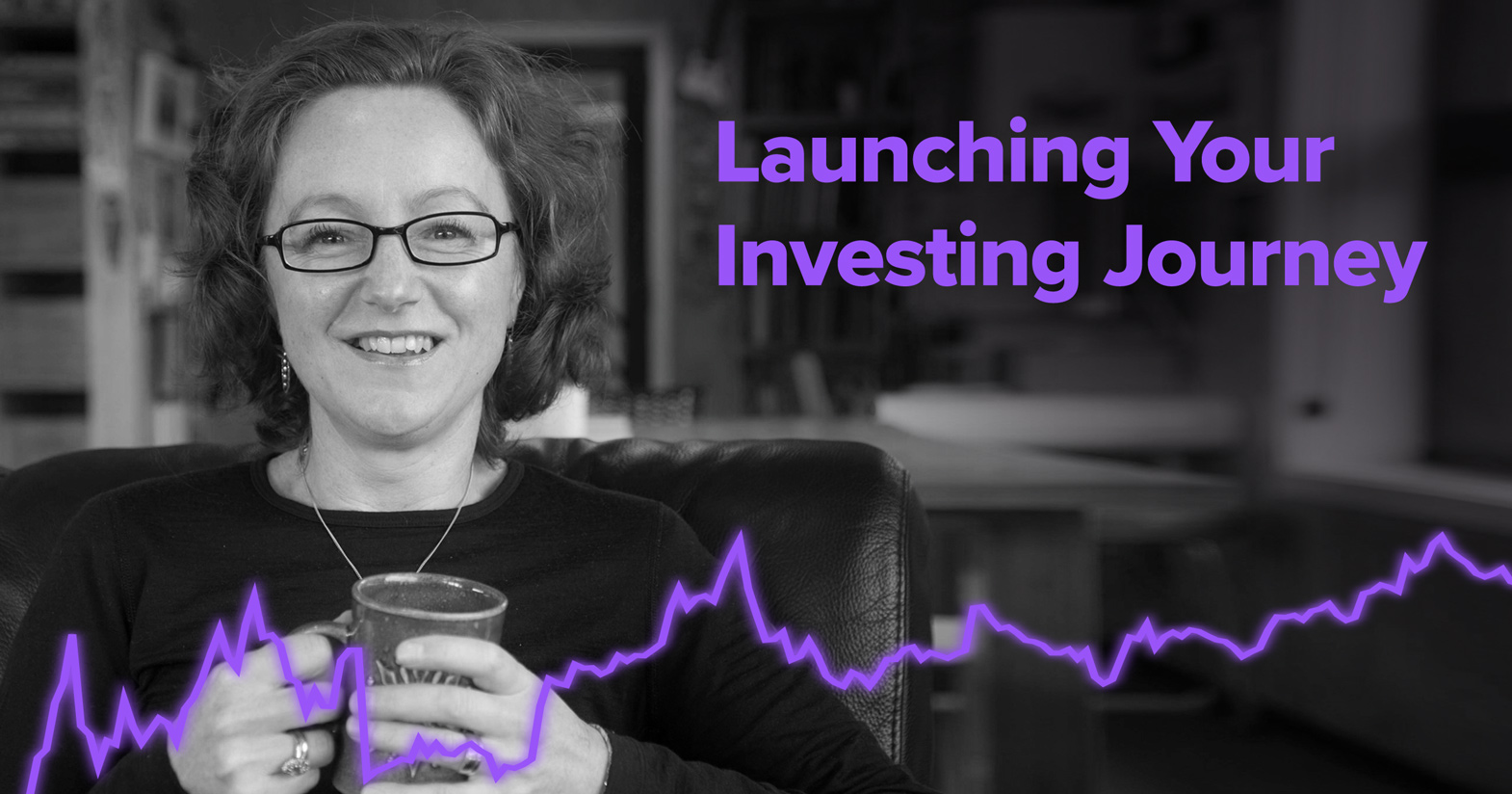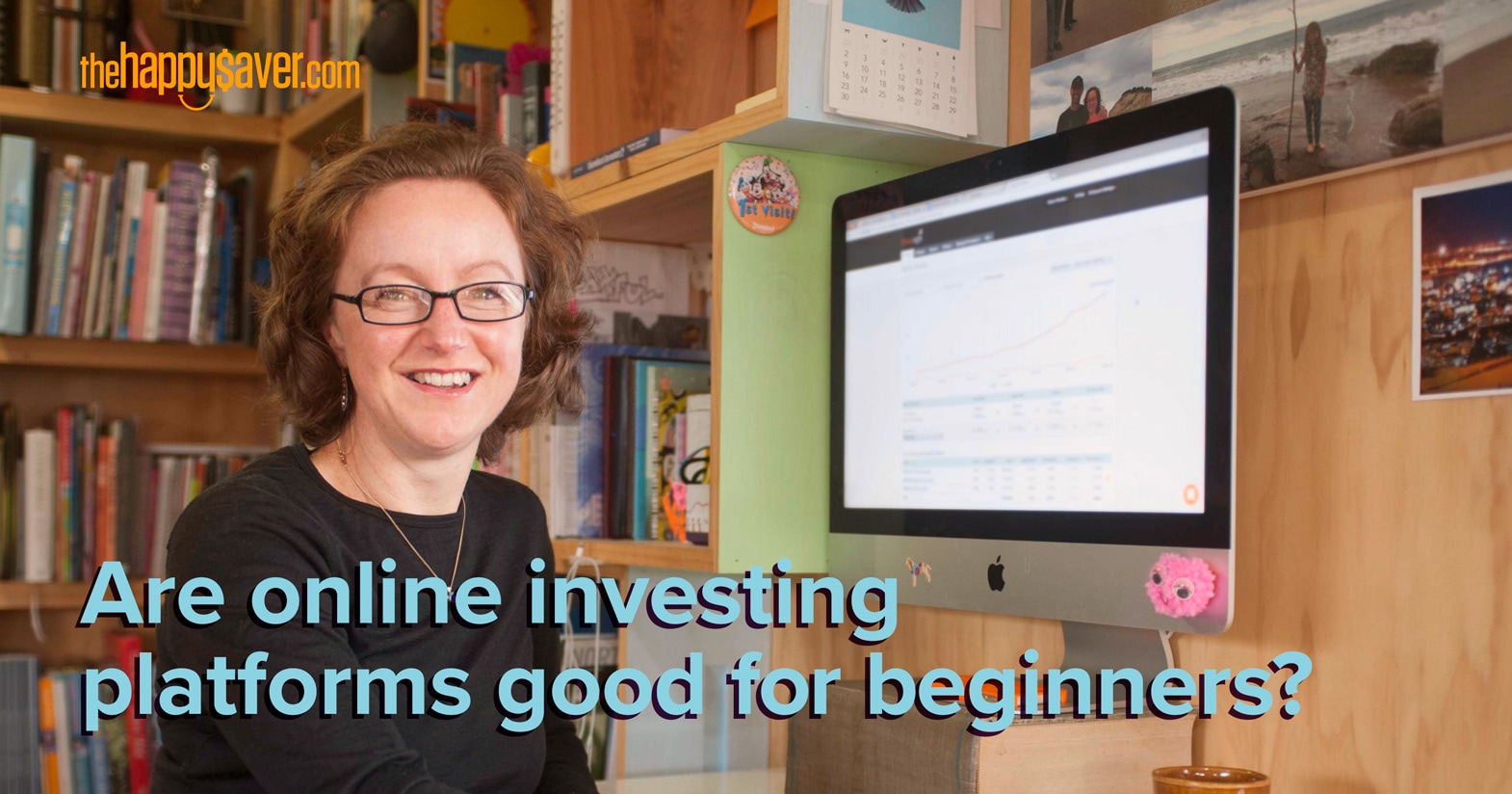Hi Ruth,
I’ve been torn between two investment strategies, and I can’t seem to make up my mind. On one hand, some of my friends are telling me that I should invest in individual stocks, claiming it’s the way to make the big bucks in the stock market. On the other hand, I’ve heard a lot about ETFs and index funds, which are supposed to be a safer and more diversified option. I’m leaning towards ETFs, but I’m a bit overwhelmed by all the conflicting advice, and I’m not sure which path to take. Please help!
I hear you. I once found myself in precisely the same position. Ultimately, I went down both routes at the same time, which helped me make up my mind as to which path to take.
One has proved to be much more of a money maker than the other. But it’s inadvertently given me something I didn’t know it would: Peace with how I invest.
The whole experience of learning which is the better investment route, has also caused me to find better-informed friends. I had to look outside my current batch of friends to do this. They are great people but don’t know diddly squat about money.
My first introduction to investing
Firstly, my experience.
I had joined a superannuation scheme, which, although not strictly an ETF or index fund, was moving toward ‘buying the whole market’. With one transaction, the fund I joined bought a wide array of shares in a diverse mix of investments. I didn’t need to do anything else except buy regularly. This taught me that I can be a hands-off investor and still grow wealth.
In a one-off transaction, I also spent about 20% of my annual household income buying shares in a single company. This was done on the general advice of an expert in their field, the New Zealand Prime Minister. They were selling off electricity companies then and allowed the entire population to buy a piece. The point that many miss about investing in individual companies is that you need to invest a decent amount of money in the first place. That’s a considerable risk to take.
Time ticked by as I made regular deposits with every pay cheque into my KiwiSaver fund. Apart from that, I paid it scant attention. I bought no additional shares in the electricity company, yet as is the nature of buying single stocks, I paid it a lot of attention. You have to. A big chunk of wealth is relying on a single company doing well. Yikes.
Playing around with individual stocks
Meanwhile, I extended my friend group to include experts in the field of investing. I read, watched, and listened to content by JL Collins, Mary Holm, Warren Buffett, Jack Bogle, Scott Pape, Kristy Shen and Pete Adeney, to name just a few.
I combined this new information with what I was learning from the investing I was already doing. Grow your knowledge by learning the theory of investing and doing it.
Automated regular deposits I made into my superannuation fund, and no attention from me meant the balance increased over time, and the returns were consistently good over time. ETF/Index funds work similarly.
Having bought shares in one company whose share price was increasing, I decided to find another. The thing I found hardest to do, and I suspect you do too, is how you choose another once you have picked one company. And another. And another. I spent hours deeply researching individual companies to determine the next big thing. But it was a struggle. When I say “deeply researching”, I had to wonder what I didn’t manage to learn about a company from my laptop, based in my living room in provincial New Zealand. When market analysts with access to far more timely market intelligence and whose job is to pick future winners can’t get it right most of the time, how could I possibly hope to? Introduce AI into investment; we have even less chance of beating the average market returns. Even after all of my efforts, I failed to find a second company to buy. I failed to make the big bucks your friends tell you is possible.

My peace came with ETFs and Index Funds
However, all my new friends pointed out that while not a ‘get rich quick’ scheme, simply buying the whole share market via an ETF or Index Fund would likely make me rich over time. I have time. So, that’s what I ended up doing. If you look at a graph of the share market returns of New Zealand, or other large productive countries, and you see that over time, it goes up, it appears logical to just buy that. By doing that, you no longer have to pick the winners your friends suggest you find because they are already in the ETF/Index Fund if they are that good. If they crash and burn, they fall off the index, getting replaced by the next top performer without you having to buy and sell a single thing. At any one time, you and I can hold leading companies.
Eventually, I sold the shares (for a profit) in the one company I owned and have gone down the superannuation and ETF/Index Fund path ever since. And, as every author told me it would, it works! It’s nice not to need ‘luck’ on my side to pick a single company that I hope performs well. Instead, I’ve got 100 years of historical share market returns, which, if history is anything to go by, already predicts that the chances of my ETF/Index investments growing are as high as they can be.
It can be overwhelming, but just start somewhere
Follow up on those authors above, count them as your new and better-informed friends and make your choice. Then, make a start. Once a year, reflect on and review your investments, and then inform your friend group what your thoughts are on the debate between picking individual companies or buying an ETF/Index Fund.
The thought of investing used to overwhelm me, too. I had no idea how to do it and didn’t know how to start. But over the years, I tried it all, learned a lot, and have now narrowed it down to systematic investment over time into just a couple of funds. I don’t rule out buying the occasional individual company if it piques my interest, but I don’t try to kid myself that it will lead me to the big bucks. But finally, I can assure you that I’ve never felt so at peace with investing and the trajectory of my financial future.
Got a burning money question for Ruth? Send them through to [email protected]!

Ruth blogs at thehappysaver.com all about how she and her family handle money. What’s the secret? Spend less than you earn, invest the difference, avoid debt and budget each dollar that flows through your hands. She firmly believes that if you can just get the basics right, life becomes easier from there on in.








